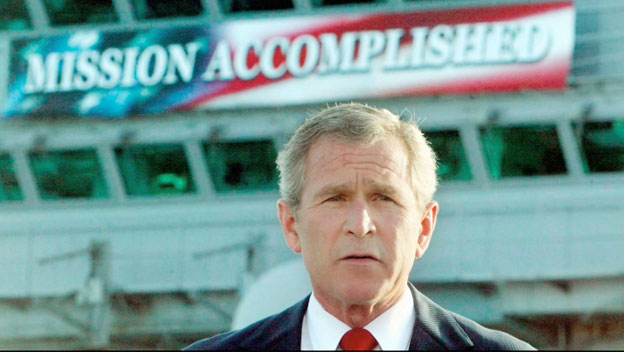Julio, I found this article both interesting and relevant -
https://www.civilwar.org/learn/articles/evidence-unpopular-mr-lincoln. More than anything, it reminds me of someone in the news a lot today.
A few pull quotes:
"He is evidently a person of very inferior cast of character, wholly unequal to the crisis." ~ Edward Everett
"His speeches have fallen like a wet blanket here. They put to flight all notions of greatness." ~Congressman Charles Adams
The Chicago Times, for example, branded the Emancipation Proclamation
"a monstrous usurpation, a criminal wrong, and an act of national suicide." An editorial in Columbus, Ohio's The Crisis asked, "Is not this a Death Blow to the Hope of Union?" and declared,
"We have no doubt that this Proclamation seals the fate of this Union as it was and the Constitution as it is.… The time is brief when we shall have a DICTATOR PROCLAIMED, for the Proclamation can never be carried out except under the iron rule of the worst kind of despotism."
William O. Stoddard, the secretary in charge of reading Lincoln's mail, wrote:
"[Dictator] is what the Opposition press and orators of all sizes are calling him. Witness, also, the litter on the floor and the heaped-up wastebaskets. There is no telling how many editors and how many other penmen within these past few days have undertaken to assure him that this is a war for the Union only, and that they never gave him any authority to run it as an Abolition war. They never, never told him that he might set the negroes free, and, now that he has done so, or futilely pretended to do so, he is a more unconstitutional tyrant and a more odious dictator than ever he was before. They tell him, however, that his …. venomous blow at the sacred liberty of white men to own black men is mere brutum fulmen [empty threat], and a dead letter and a poison which will not work. They tell him many other things, and, among them, they tell him that the army will fight no more, and that the hosts of the Union will indignantly disband rather than be sacrificed upon the bloody altar of fanatical Abolitionism."
A New York Herald correspondent attached to the Army of the Potomac felt its temper and feared for the Republic:
"The army is dissatisfied and the air is thick with revolution.... God knows what will be the consequence, but at present matters look dark indeed, and there is large promise of a fearful revolution which will sweep before it not only the administration but popular government."
Author and lawyer Richard Henry Dana, after a visit to Washington in February 1863, reported to Charles Francis Adams:
"As to the politics of Washington, the most striking thing is the absence of personal loyalty to the President. It does not exist. He has no admirers, no enthusiastic supporters, none to bet on his head. If a Republican convention were to be held to-morrow, he would not get the vote of a State."
Lincoln secured his renomination at the party convention in early June 1864, but there was no enthusiasm for him; he won by using the spoils system practice of stacking the party convention with appointees — delegates who owed their jobs to him. Attorney General Edward Bates noted in his diary,
"The Baltimore Convention … has surprised and mortified me greatly. It did indeed nominate Mr. Lincoln, but … as if the object were to defeat their own nomination. They were all (nearly) instructed to vote for Mr. Lincoln, but many of them hated to do it …." The Chicago Times sneered that Lincoln could lay his hand on the shoulder of any one of the "wire-pullers and bottle-washers" in the convention hall and say, "This man is the creature of my will." James Gordon Bennett, in the columns of the New York Herald, declared,
"The politicians have again chosen this Presidential pigmy as their nominee."
After Sherman's capture of Atlanta, a New York Republican had predicted,
"No man was ever elected to an important office who will get so many unwilling and indifferent votes as L[incoln]. The cause takes the man along." Even after his reelection, plenty of Republicans were skeptical of Lincoln's contribution to the victory. According to Ohio Rep. Lewis D. Campbell,
"Nothing but the undying attachment of our people to the Union has saved us from terrible disaster. Mr. Lincoln's popularity had nothing to do with it." Rep. Henry Winter Davis insisted that people had voted for Lincoln only
"to keep out worse people — keeping their hands on the pit of the stomach the while!" He called Lincoln's reelection
"the subordination of disgust to the necessities of a crisis." Of the seven presidential elections he had participated in, said Rep. George Julian,
"I remember none in which the element of personal enthusiasm had a smaller share."


